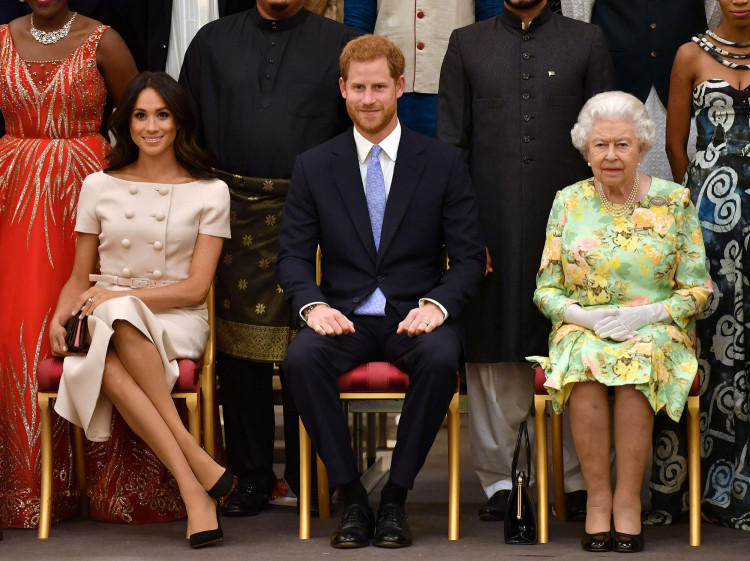The Duke and Duchess of Sussex's decision to name their daughter Lilibet has sparked significant controversy within the Royal Family, culminating in a heartfelt admission from Queen Elizabeth II, as revealed in a new book. This naming choice, intended as a tribute to the Queen's childhood nickname, has instead led to a rift and public debate over the appropriateness and implications of the decision.
In the book "Charles III: New King, New Court. The Inside Story," by Robert Hardman, it is claimed that Queen Elizabeth II did not support Prince Harry and Meghan Markle's decision to name their daughter Lilibet. The book describes the Queen as being "as angry as I'd ever seen her," contradicting the couple's assertion that they had received her blessing. According to Hardman, the Queen expressed her upset to royal aides, saying, "I don't own the Palaces, I don't own the paintings, the only thing I own is my name. And now they've taken that."
The Sussexes' spokesperson had previously stated that Prince Harry had discussed the name with the Queen, asserting that they would not have used the name without her support. This claim has been contested in the book, with Hardman writing that the couple's attempt to align the Palace with their version of events was rebuffed.
This controversy has drawn attention from royal experts and the public alike. Angela Levin, a royal expert and author, criticized the Sussexes, particularly Meghan Markle, for copyrighting the name Lilibet before the birth of their daughter. This action was perceived as not only commercializing a deeply personal family nickname but also as a move that could imply the Queen's endorsement of various products or organizations associated with the name. Levin described this as "appalling" and "very disrespectful," highlighting the personal and intimate nature of the nickname within the Royal Family.
The revelation of the Queen's emotional response and the subsequent public discourse have cast a spotlight on the complexities of the Sussexes' relationship with the Royal Family. The use of the name Lilibet, originally a term of endearment within the family, has evolved into a symbol of the ongoing tensions and differences in perception between the Sussexes and the rest of the Royal Family.
This situation underscores the delicate balance between personal tributes and public perceptions in royal matters. The Queen's reported reaction reveals not only her attachment to her name but also the sense of loss she felt in this particular instance. The Sussexes, meanwhile, have faced criticism for their handling of the situation, with accusations of insensitivity and disrespect towards royal protocols and personal boundaries.
As the Royal Family continues to navigate the aftermath of this decision, the controversy surrounding the name Lilibet remains a poignant reminder of the intricate dynamics at play within one of the world's most watched families. The fallout from this decision, as detailed in Hardman's book, highlights the ongoing challenges faced by the Sussexes in their efforts to carve out a new identity separate from, yet inherently connected to, their royal roots.





